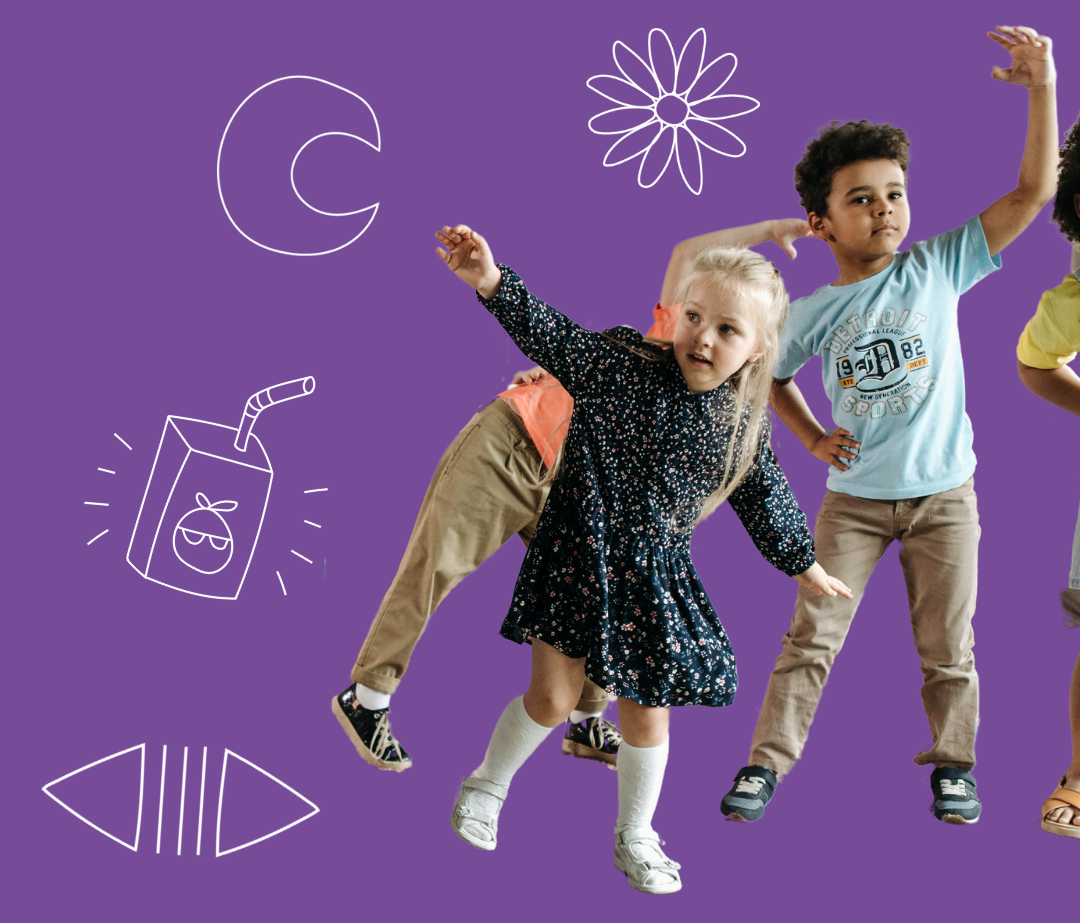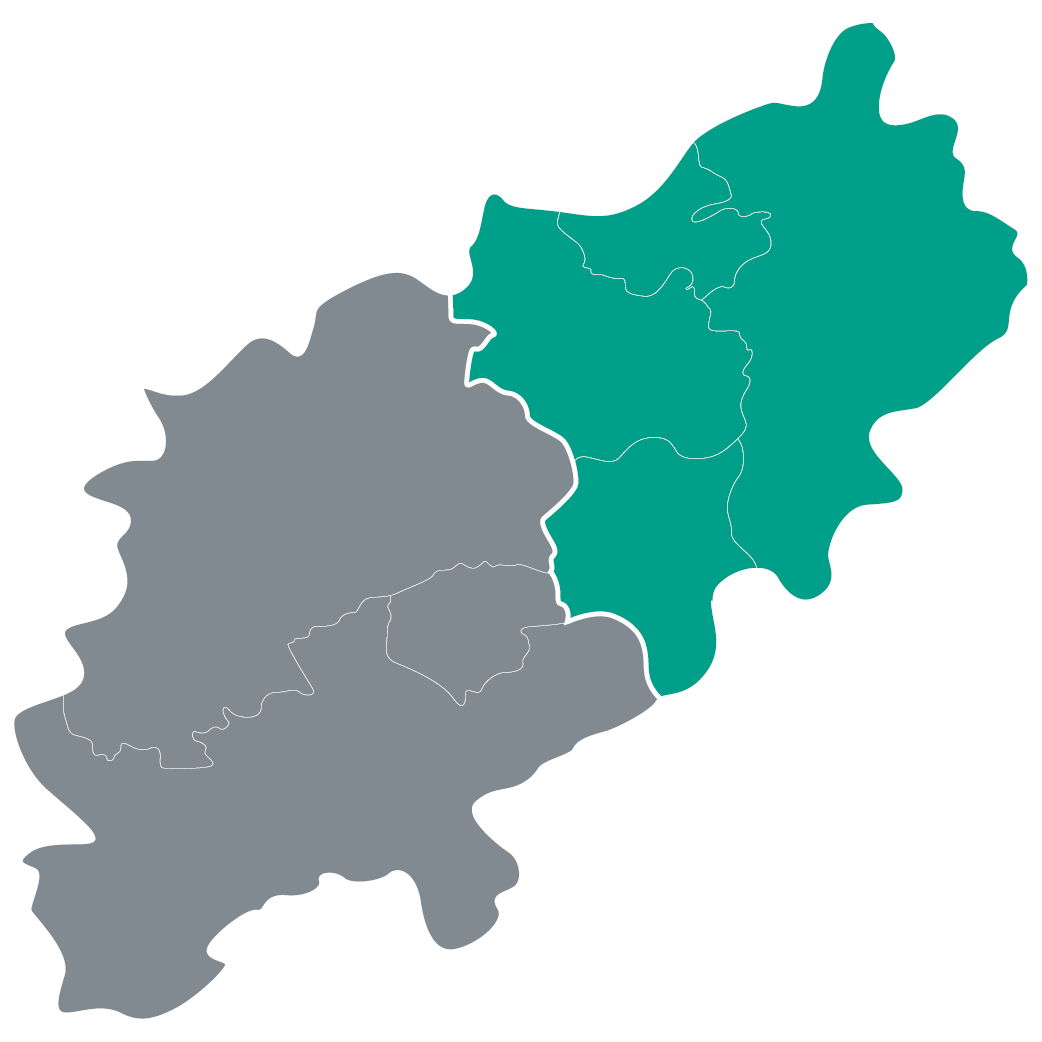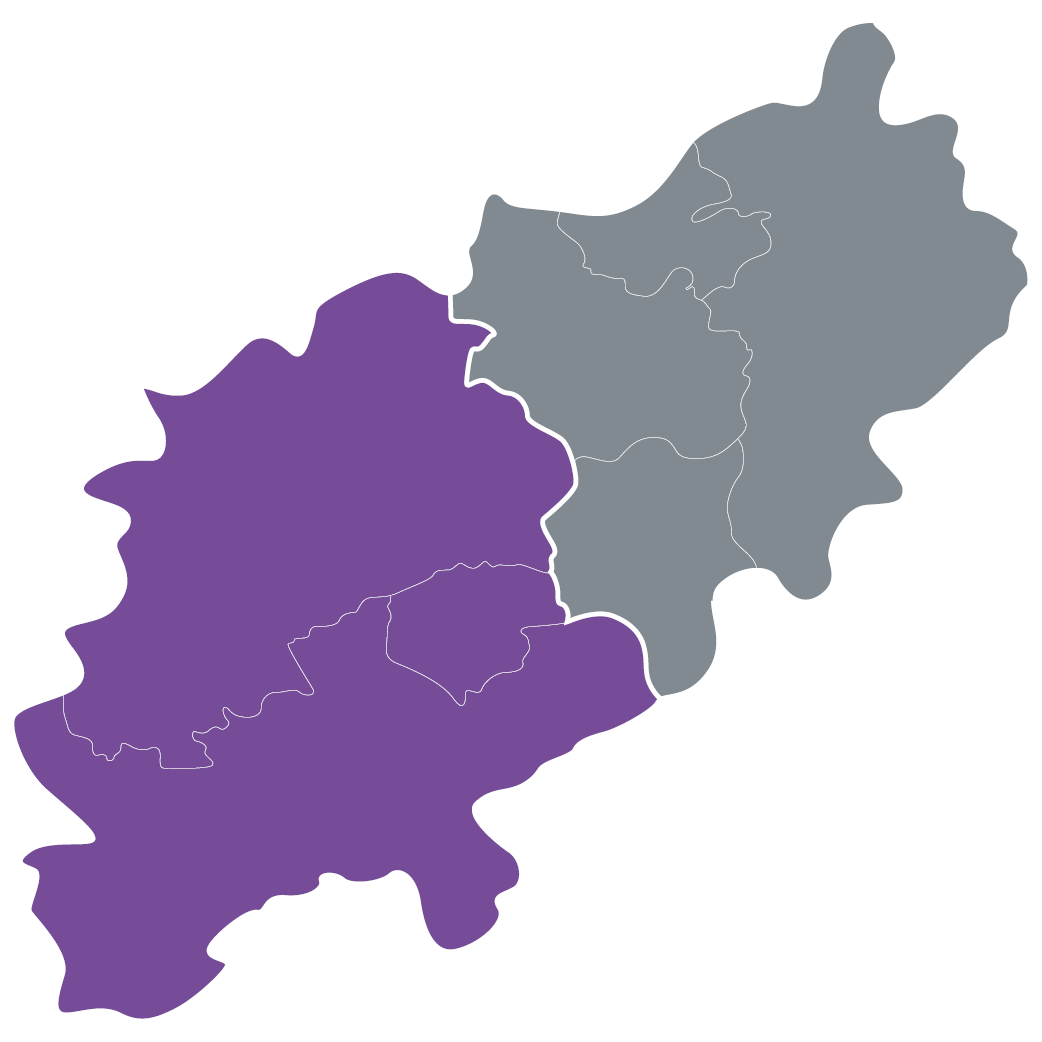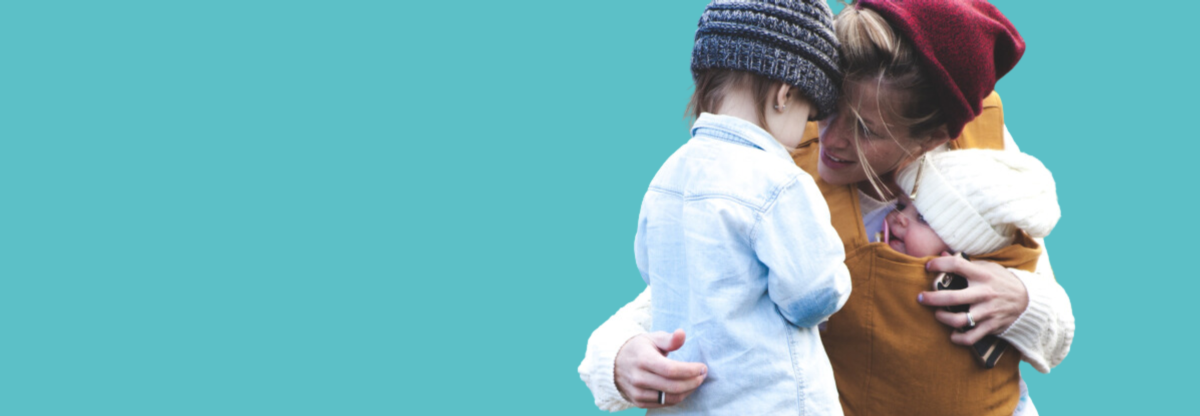Please select the right service for you based on where you live and the age of your child

-
 North Northamptonshire 0-11 Best Start In Life
North Northamptonshire 0-11 Best Start In LifeServices provided within the North Northamptonshire Best start in life include Health Visiting, School Nursing, Breastfeeding Support, Family Nurse Partnership and Children’s Weight Management.
-
 North Northamptonshire 11-19 Thriving In Life
North Northamptonshire 11-19 Thriving In LifeServices provided within the North Northamptonshire Thriving in life include School Nursing, Immunisations and Children’s Weight Management.
-
 West Northamptonshire 0-19 service
West Northamptonshire 0-19 serviceServices provided within the West Northamptonshire 0-19 Service include Health Visiting, School Nursing, Breastfeeding Support, Family Nurse Partnership and Children’s Weight Management.
Community healthcare services - children and young people
- CAMHS Inpatients
- CAMHS in the Community
- CAMHS Live
- Children’s 0-19 Services
-
Children's resources, tips and advice hub
- Children's school-aged immunisation service
- Children's services map
- Children's Speech and Language Therapy EHCP Team
- Children’s Therapy Services - Occupational Therapy
- Children’s Therapy Services - Physiotherapy
- Children’s Therapy Services - Speech & Language Therapy Team
- Children and Young People ADHD & ASD Service
- Children and Young People Community Eating Disorder Service
- Children’s CTPLD (Learning disabilities)
-
Children and young people mental health services
- Community Children’s Nursing
- Community Paediatrics
- Co-production and Participation
- Family Ambassador Service
- Health Youth Justice Service
-
iDiscover
- Looked After Children
- Mental Health Support Teams
- Paediatric Psychology Service
- Referral Management Centre
- Specialist Dental Services - Children
- Special School Nursing Team






